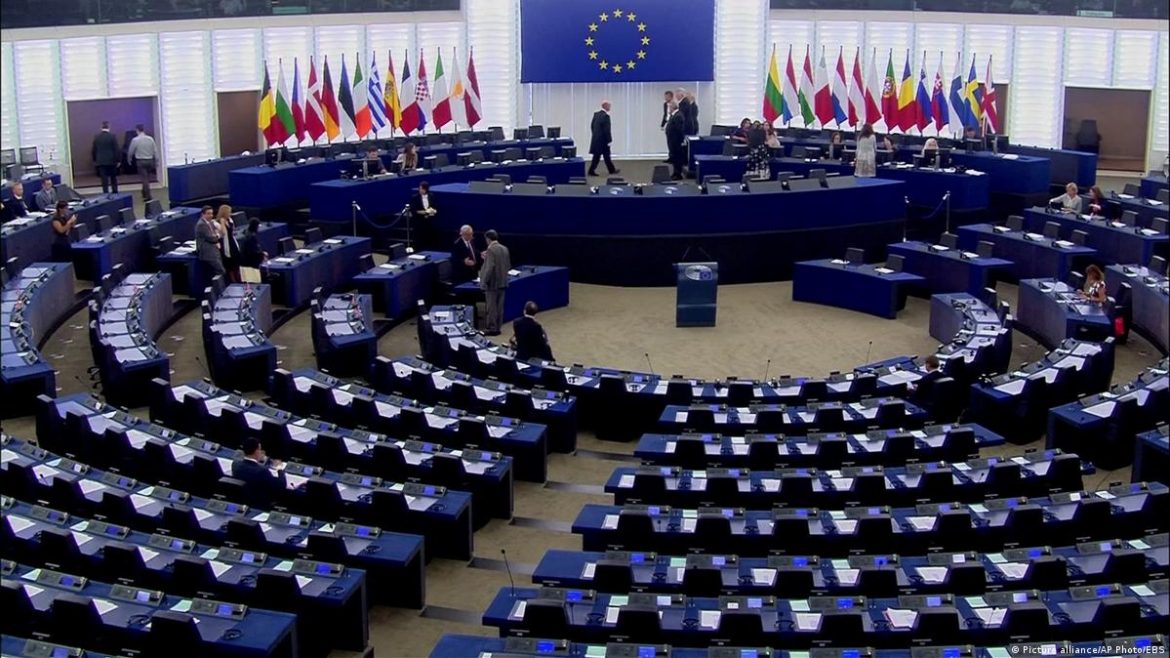The European Parliament has attributed the Christmas Eve massacre of Christians in Nigeria to climate change and environmental degradation instead of Sharia law, Islamic extremist groups and the dangers of blasphemy accusations.
Recall that during the 2023 Christmas season, Fulani militants killed at least 195 Christians in over 20 communities in Nigeria’s Central Plateau State. The attacks also resulted in more than 300 injuries, the destruction of homes, the burning of eight churches and the displacement of 15,000 people.
The EU resolution states that “the conflict is increasingly described in religious terms, while the perpetrators are yet to be identified and several factors are to be taken into account such as competition for land fueled by rapid climate change and the failure of authorities to hold to account those responsible for violence.”
It however called on Nigerian authorities “to take meaningful steps to identify and address all root causes of the violence in Plateau state, such as competition for scarce resources, environmental degradation and the disappearance of effective mediation schemes.”
Read also: Experts say Africa must embrace renewable energy to tackle climate change
Georgia Du Plessis from the human rights group ADF International criticized the resolution for downplaying the religious motivations behind the attacks, emphasizing that climate change does not lead to the massacre of Christian villages.
Recall that In 2021, Nigeria was reported to be the deadliest country for Christians, with 90% of global Christian martyrdoms occurring there. An average of 14 Nigerian Christians are killed daily due to their faith.
Bert-Jan Ruissen and György Hölvényi, members of the European Parliament have also voiced concerns over the resolution’s failure to acknowledge Islamic extremism as a primary cause of the violence.
“Saying that it is a mere conflict between farmers and herders fails to acknowledge the other causes. It is Muslim extremists causing death and destruction,” Ruissen said.
“Blinded by ideology, some people are totally insensitive to human suffering when it comes to Christians,” Hölvényi added. “The timing of the attacks, brutal killings, and destruction of churches cannot be misinterpreted and can only be understood as the persecution of Christians and we should be able to say so.”
Story was adapted from Christianpost.
